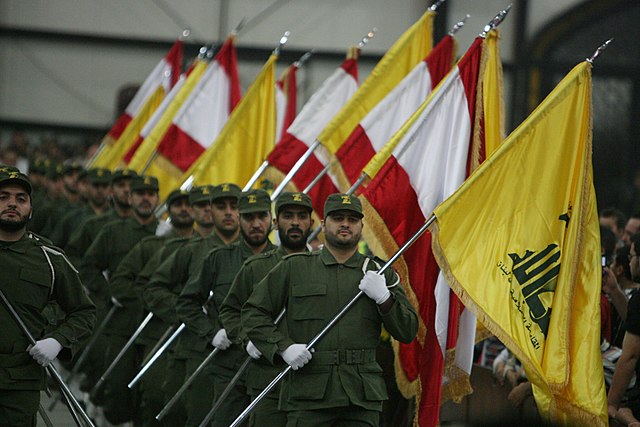Hezbollah is an Iran-backed Shia militant group and political party in Lebanon, which has previously called for the annihilation of Israel and has been designated as a terrorist organization by the U.S. and most Arab countries.
West Africa, with its sizeable Lebanese population and critically weak rule of law, has earned notoriety as a Hezbollah money laundering hotspot.
The two tycoons, Ibrahim Taher and Ali Saade, were in particular accused of using their contacts in the Guinean regime to facilitate political support for Hezbollah’s operations and of transferring money from Guinea for the group.
In 2020, they were to be involved in flying a large amount of cash on a special flight from Guinea to Lebanon, which was presented as COVID-19 relief but was suspected to have ended up in the hands of Hezbollah.
Saade allegedly held the post of Honorary Consul of Lebanon in Ivory Coast and Taher was Honorary Consul of Lebanon in Guinea, which was to allow them to travel in and out of the country with minimal scrutiny.
It is not fully clear whether the Treasury sanctions from March had any impact on the activities of the duo.
A few days after the sanction announcement, Guinea claimed to have seized their assets. But Saade later said that Guinea’s President Mamady Doumbouya gave him a personal assurance that he should not fear the state.
In Shia-dominated southern Lebanon, Hezbollah effectively operates as a state within a state, providing comprehensive social services and a healthcare system.
To sustain its operations, Hezbollah relies heavily on financial support from Iran, donations from supporters and legitimate businesses but was also reported to derive significant revenues from drug trafficking, goods smuggling and other illicit activities.

